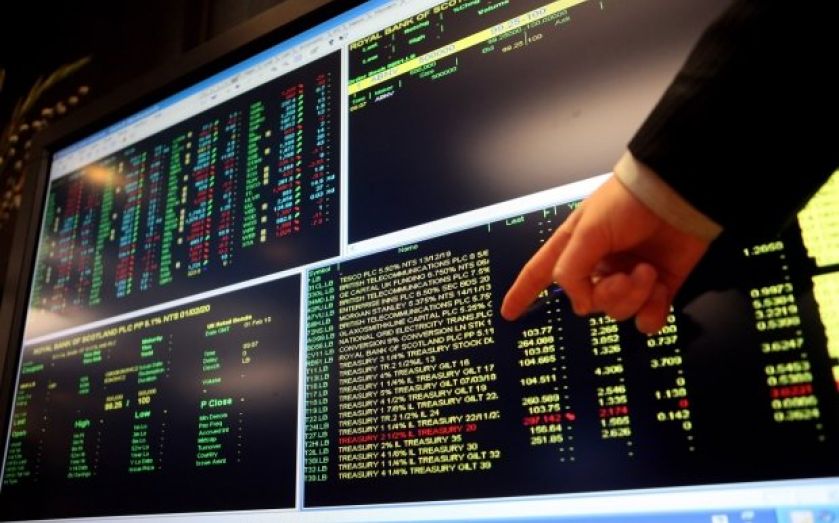The FTSE 100 may have closed at a 1999 high – but take in these five things to see how high it’s really climbed

London's leading index is roaring, and on track to smash some old records.
Today, it's closed at 6,873.08 – its highest level since 1999, a symbolic year for FTSE 100 benchmarks.
But the comparison with today's FTSE and that of 14 years ago may not be entirely fair. It's true that the FTSE 100 is at the same heights, in nominal terms, but such a contrast doesn't take account of inflation or the dividends that companies pay.
Gemma Godfrey, head of investment strategy at Brooks Macdonald, says that a proper comparison requires at least five things need to be taken into account: inflation, dividends, earnings, constituents, and geographic exposure.
Two of those can be dealt with easily. According to BGC Partners' Mike Ingram, then the FTSE 100 would now be at 11,205 when rebased from its all-time high, set in January 1999, if reinvested dividends and buybacks are accounted for. Ingram says that represents a 95 per cent return over the period, equivalent to an annual compounded return of just over 4.4 per cent, or more than double consumer price inflation over the same timespan.
This year could certainly see the FTSE 100 smash through 1999's nominal all-time high of 6,950.60. IG's Brenda Kelly says that could already be an appropriate level target for equity bulls. The promise of European Central Bank action at its next meeting in June could support additional upside in equity markets to underpin that target.
At the end of last year the market was suggesting that it would hit 7,040 as 2014 finishes. Ingram says that along with prospective dividend yield of 3.66 per cent and an additional return of 0.8 per cent in the form of share buybacks, then the FTSE 100 will likely see a total return of 8-9 per cent this year.
If that performance materialises it would be "decent, but certainly not vintage" says Ingram, who says that "earnings will increasingly have to do the heavy lifting if we are to make further progress." Kelly says that including dividends, the FTSE has already seen gains of three per cent since the beginning of 2014.
The FTSE is enjoying a "sweet spot of improving economic while low inflation delays the risk of a rate rise," says Godfrey, who expects government policy to remain supportive. And cash rich companies are starting to take note, as the UK equity market remains cheap relative to other global offerings. Kelly says that "with the economy slowly repairing the damage seeded during Gordon Brown’s 10 year term as chancellor, approaches such as the one for AstraZeneca may be just the beginning."